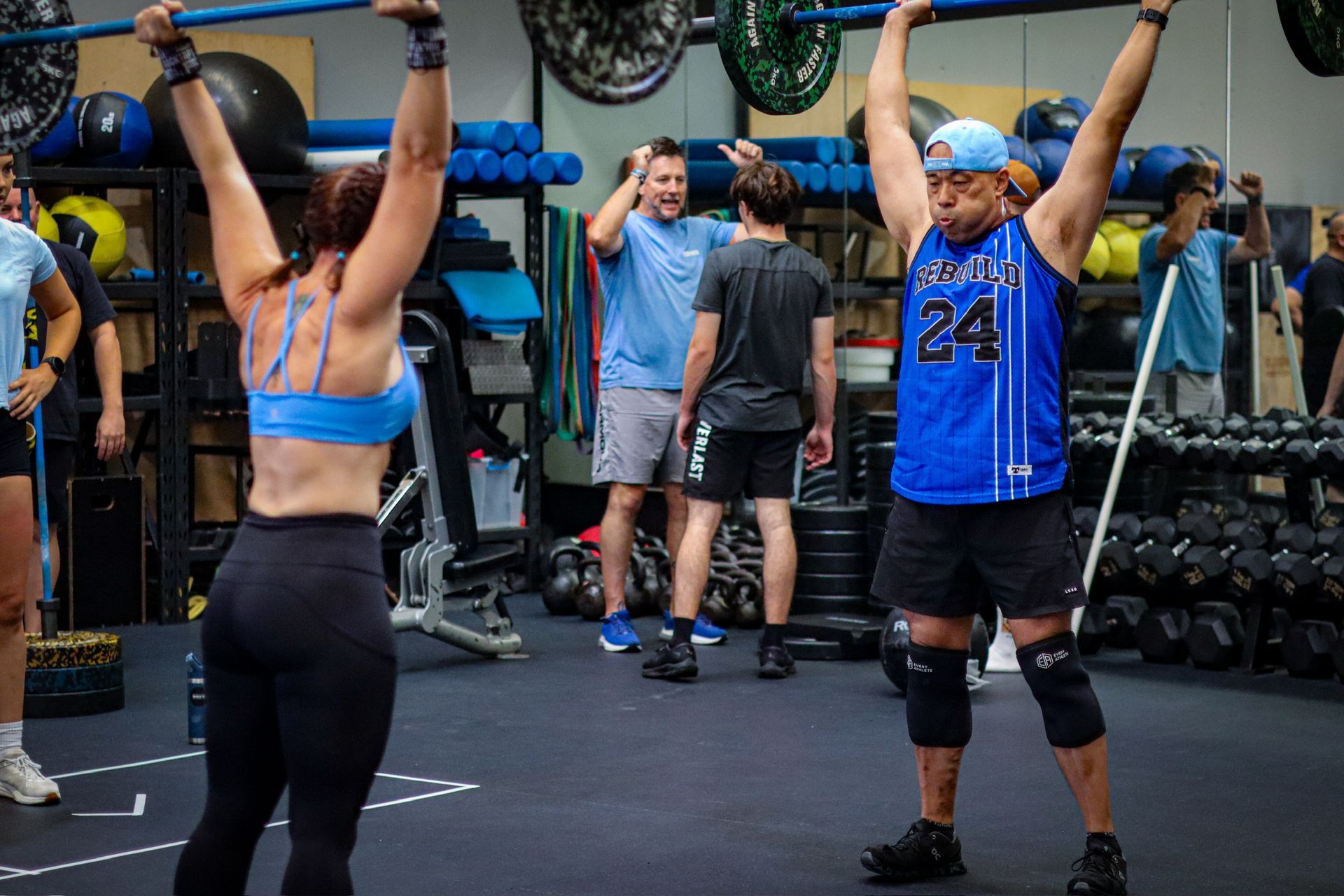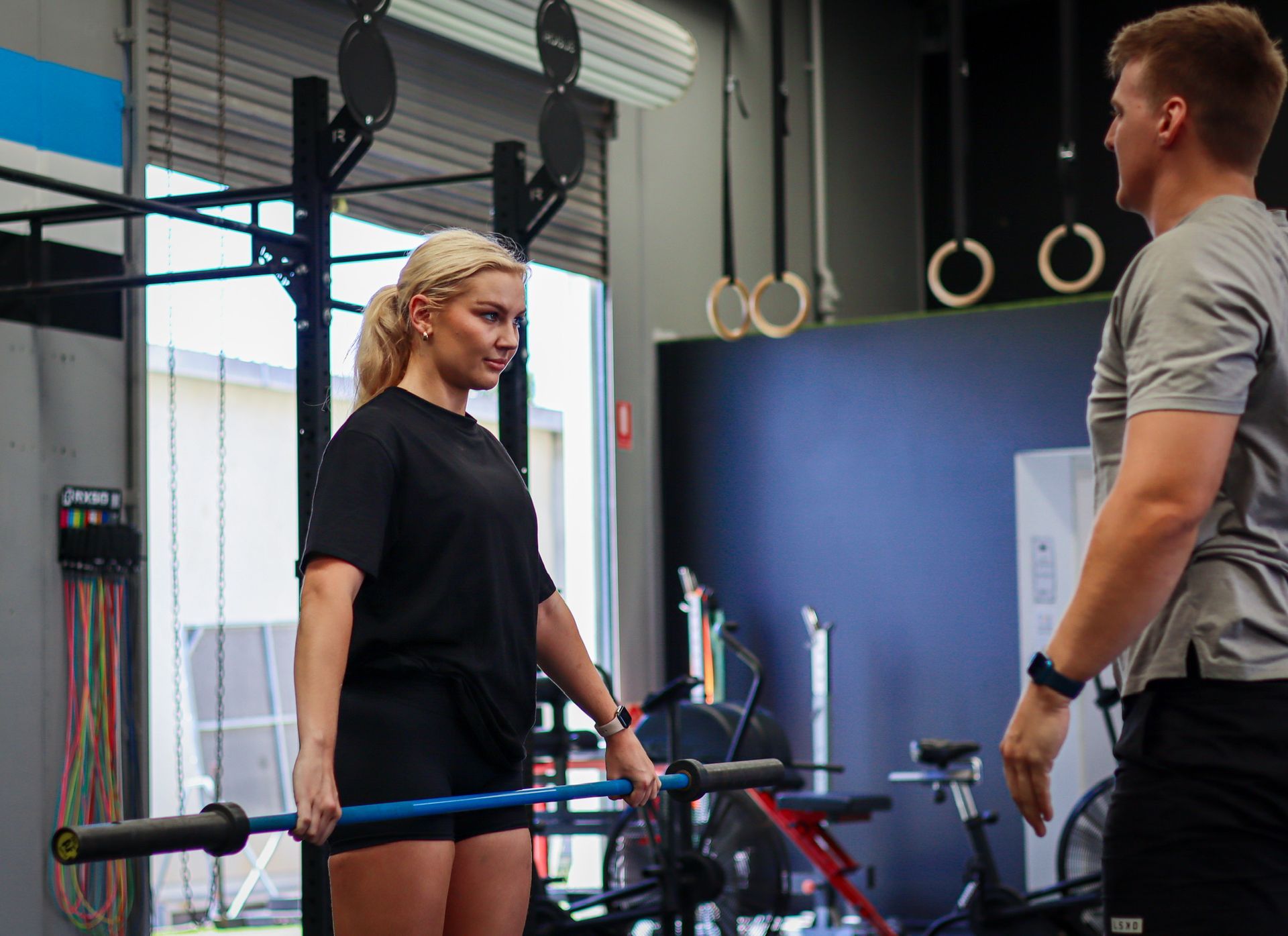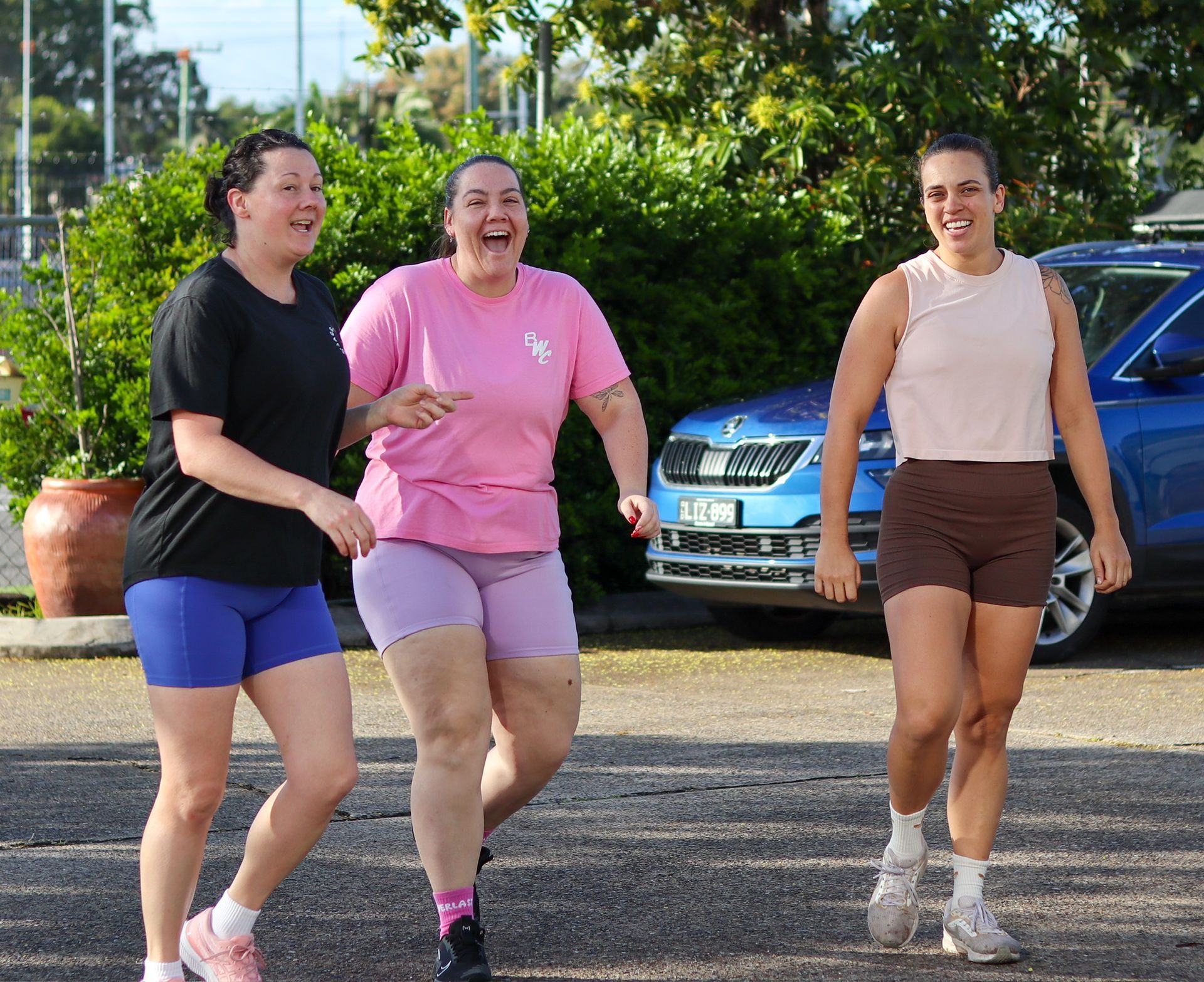Is Meal Frequency Important?
As coaches, we often get asked if how often you eat will impact your health goals. For years there have been myths that smaller meals more often will be more beneficial for improving metabolism and this, in turn, will improve weight loss. However, eating little and often does not impact metabolism, there is no evidence to suggest otherwise. MetabolismFor starters, metabolism, in the simplest of terms, refers to an internal process through which your body expends energy and burns calories. According to Harvard Health Publishing, your metabolism runs 24/7 by converting the food you consume into energy for the healthy functioning of your body.However, much like most things, the metabolism works differently in different people. The intensity of your metabolism and how fast or slow it is generally depends on your genes.The well-known health information site, Healthline, brought in some facts and figures to further explain the issue of meal frequency with regard to metabolism and weight loss. While it is true that digesting a meal increases your metabolism slightly, which is referred to as the thermic effect of food, only the total amount of food consumed can really determine how much energy is expended during digestion. They add to this by explaining a simple example: consuming 3 meals of 800 calories each will have the same thermic effect as consuming 6 meals of 400 calories each. Meal frequency In saying this, does this mean meal frequency never matters? At Rebuild Health and Fitness, we believe the method of eating more often for progress came from ‘body building’ and relates to muscle protein synthesis. Eating enough protein, which is between 0.3-0.5g/kg body weight every 3 hours would be more beneficial for muscle growth and repair. A study by Cameron et all (2010) concludes that increasing meal frequency does not promote greater body weight loss, so regardless of how many meals you eat per day, 6 vs 3 for example, does not matter if calories are matched. Verywell Fit, a resource on nutrition and exercise, shares their expertise in this regard – muscle protein synthesis is a process that occurs naturally wherein the protein is produced to repair muscle damage caused by intense exercise. MPS is an opposing process to muscle protein breakdown or MPB, in which there is a loss of protein post-workout. Episode 8 of the Rebuild Health and Fitness Podcast also sheds light on meal frequency, protein intake, and the importance of it all. James shares some research that states, “An even balance of protein for breakfast, lunch, and dinner stimulates muscle protein synthesis more effectively than eating the majority of daily protein during the evening meal.” For fat-loss, James and Sean explain that even if you consumed all your protein in one meal, it wouldn’t matter, but when you’re trying to stimulate MPS, then spreading your protein intake throughout the day is the most beneficial thing.To conclude, there is some evidence to suggest that eating more is beneficial for muscle gain and there is no evidence that it is better for fat loss or health. So, don’t stress about how many times you eat per day as it makes no overall difference when it comes to weight management as long as calories are accounted for.
Previous Blogs




